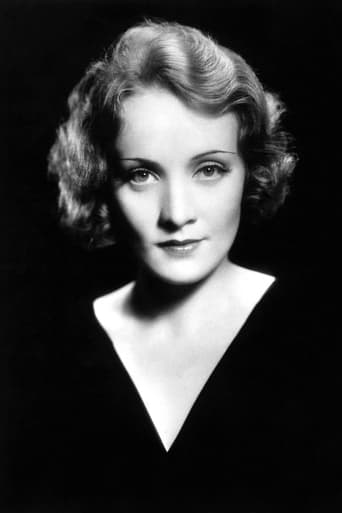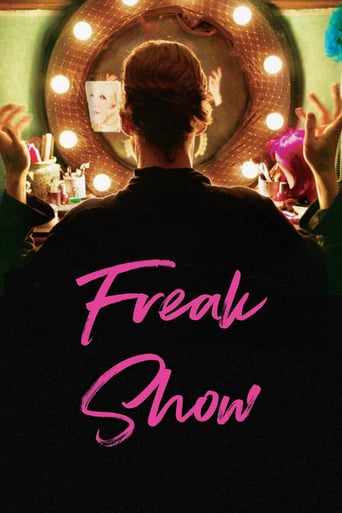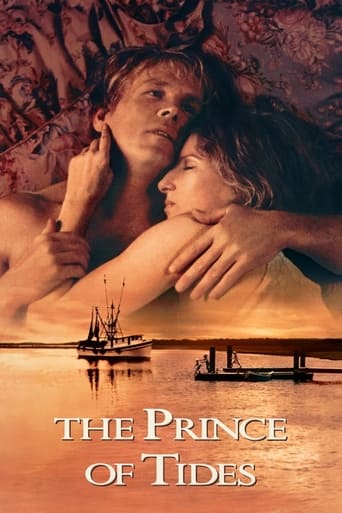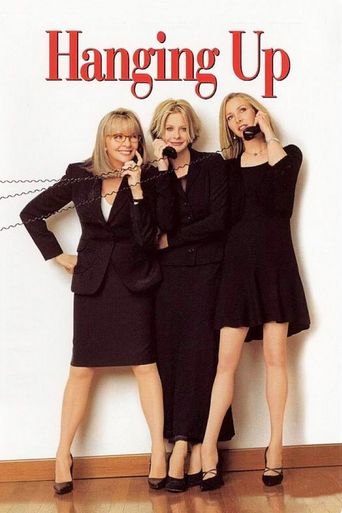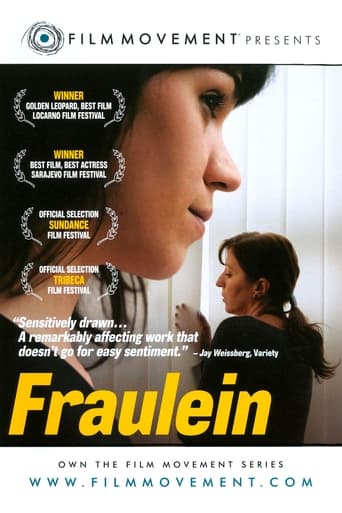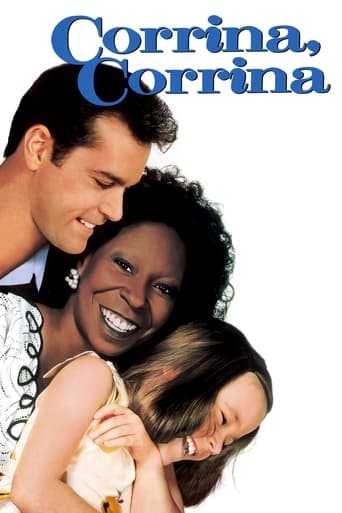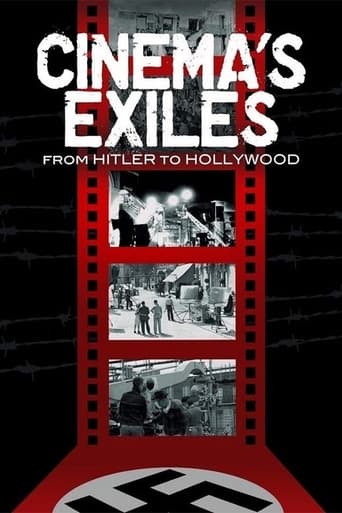

Cinema's Exiles: From Hitler to Hollywood (2009)
Eight hundred German filmmakers (cast and crew) fled the Nazis in the 1930s. The film uses voice-overs, archival footage, and film clips to examine Berlin's vital filmmaking in the 1920s; then it follows a producer, directors, composers, editors, writers, and actors to Hollywood: some succeeded and many found no work. Among those profiled are Erich Pommer, Joseph May, Ernst Lubitsch, Fritz Lang, Billy Wilder, and Peter Lorre. Once in Hollywood, these exiles helped each other, housed new arrivals, and raised money so others could escape. Some worked on anti-Nazi films, like Casablanca. The themes and lighting of German Expressionism gave rise in Hollywood to film noir.
Watch Trailer
Cast
Similar titles

Reviews
Absolutely Fantastic
I like movies that are aware of what they are selling... without [any] greater aspirations than to make people laugh and that's it.
Exactly the movie you think it is, but not the movie you want it to be.
The best films of this genre always show a path and provide a takeaway for being a better person.
PBS usually always makes some fine documentary films, This one is no exception. This film covers the major contribution that people fleeing Nazi Germany made to Hollywood during the 1930's and 1940's and beyond. The film made a lot of excellent choices of film material to be included and wrote an excellent narration script. Sigourney Weaver is an excellent choice to do the narration.Very often this type of production slips under the radar of the public and this one has a lot of information which needed to be documented. I was amazed at some of the obvious home movie material that was chosen to get into this one. It was chosen very well.The focus on the people who had to flee Germany is told with care and carefully. This film gives one a whole new aspect of viewing the movie Casablanca and the irony that went into the casting of the film. The focus here on everyone in the film without focus on Bogart and Bergman gave me a perspective I never had before. To Be Or Not To Be is a film of growing reputation in recent years. This movie is a great choice to talk about this era too. Surprising, the films connected to this subject range a wide array of movies that perfectly illustrate the Nazi's loss by literally forcing these creative people to leave and come to Hollywood to contribute. The names from Fritz Lang, to Peter Lorre, to Billy Wilder, and the ones of lesser fame were major contributors to a lot of quality films in Hollywood history from this era.This film stands on it's own on how an era of desperation produced many people who inspired some of the greatest work in Hollywood during a time it was much needed. An overlooked film from this era does need a documentary of it's own. Unfortunately that amazing film was a one man operation, so without him, no proper documentary can be done.I would state though that viewing that movie would complement viewing this one as the film is a very fitting complement for To Be Or Not To Be, and predates and possibly inspired it.That film? The Great Dictator.While that movie would not make this documentary better, it deserves a special place in the history of films all it's own.
Cinema's Exiles: From Hitler to Hollywood (2009) *** 1/2 (out of 4)Sigorney Weaver narrates this well-made documentary that takes a look at the impact Hitler and his Nazi party had on the talented group of filmmakers who soon fled Germany and headed to the United States.If you're a film but then you're certainly going to love this documentary as it starts off talking about various German films and the impact they had on their country and others. We then hear about the rise of the Nazi party and how the money dried up in Germany, which had filmmakers like Fritz Lang, Marlene Dietrich, Peter Lorre, Ernst Lubitsch, Billy Wilder and others heading to America. Once in America we see how the talent got along in the Hollywood system and what they did once World War II started.There's a lot of great footage to countless movies but there are also some great archival interviews from the filmmakers themselves. There's a lot of great information here as well as some great footage of the celebrities working benefits during WW2.
This program was first broadcast on PBS and was shown tonight for the first time on Turner Classic Movies. It's a film about the exodus of German filmmakers and stars as a result of Nazi persecution and their subsequent careers and experiences abroad...particularly in Hollywood. It begins by discussing how powerful and successful the German film company, UFA, was and the various stars who were to become equally famous in America. Then it talks about the experiences many of these folks and other European nationals living in Nazi occupied Europe had in films--some very positive, some not so. In general I really liked the program and thought it nearly perfect. However, a few times the program SAID things which were interesting theories but were presented as established facts...and that bothered me. The film "The Wolf Man" (1941) was, according to this documentary, "an allegory for Hitler and Germany"...and I, stupidly, thought it was about a guy who got bitten by a werewolf and who then became a werewolf! One of the folks interviewed also said that the monster films made during this era "weren't very good"...well, that also smacks of opinion...and one I strongly disagree with because I think they are wonderful films. So, take a bit of what they say in this one...and just enjoy which they get right which is most everything.
The story of the leading talents of the German film industry of the 1920s has been told before. How the writers, composers,directors, actors, producers and cinematographers, (many, if not most, of whom were Jewish) were forced to leave by the rise of Hitler and how their arrival in Hollywood introduced new styles and new ideas to the world's largest movie factories is a part of every American cinema history book.This documentary is different. It covers the participants' individual stories in greater depth. While some exiles achieved fame (Marlene Dietrich, Erich Wolfgang Korngold, Billy Wilder, Franz Waxman) others, such as Joe May and Erich Pommer were less adaptable and thus left their best efforts behind them."Cinema's Exiles" is a visual feast. The film clips are first rate and the home movies are remarkable. There are stills and excerpts and interviews that I had never seen before. The roll call of émigrés from the film "Casablanca" was especially revealing.

